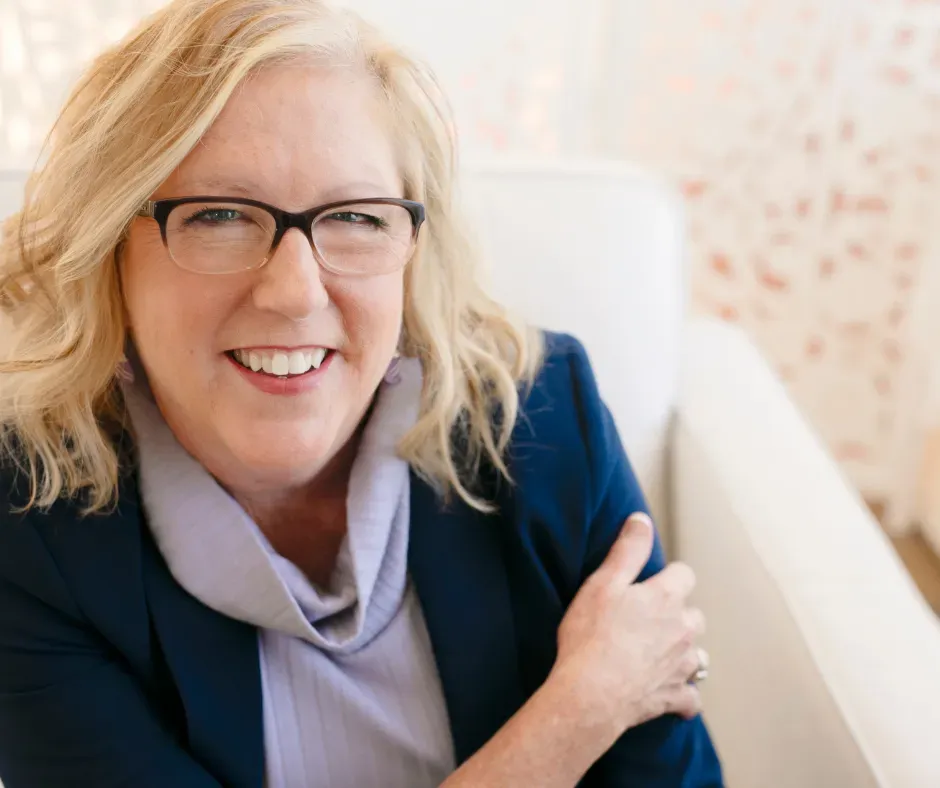Be a Thought Partner

Think about an important conversation you plan to have shortly. Here is my question: How much time do you spend helping the person you are speaking to determine the focus of the conversation?
This question may be confusing because most conversations are like a ping-pong game where advice is given (whether it was requested or not). Or one person starts talking and the other person relates their own story, rather than listening deeply.
Starting conversations with a clear agenda is a powerful alternative. The underlying assumption is that the person you are speaking to is wise and can solve their problems. You are their thought partner, helping them find new perspectives.
Let me offer a caveat. This only works if you both trust each other. If you have been framed as the enemy or the individual you are interacting with is unwilling to be accountable, this approach will not work.
However, let’s assume you have a solid relationship and want to enhance the quality of your conversation; here is a guide to follow.
The first step is simple. You ask the person you are meeting with what they would like to focus on or address. They might answer with something like, “I’d like to understand myself better, or I want to feel less overwhelmed.” You could proceed directly into the conversation based on that prompt, or you could dig deeper.
You could ask:
How does this matter to you?
This tiny bit of structuring avoids a surface conversation or a bitch session. But you are not done yet. Now it’s time to invite your colleague or friend to define a successful outcome for your time together. You ask, “What, specifically, would you like to achieve in our time together today?”
Usually, it takes some time to process this. They might define success as a plan of attack or clarity. They might want to determine a step they can take to expand their self-awareness or structure their life more efficiently.
The final part of setting the agenda is reflective listening. You summarize the focus of the conversation and the targeted successful outcome. This sets the stage for a meaningful interaction. A little bit of clarification up front can take communication from a transaction to a transformation.










